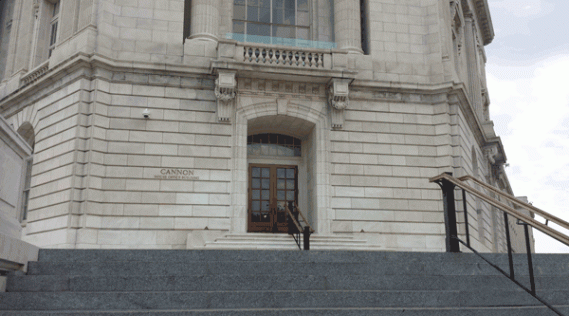SRP Talks Mining Reclamation on Capitol Hill
Dr. Raina Maier, University of Arizona Superfund Research Program (UA SRP) Director, was invited to speak at the Science, Technology, Education, and Math (STEM) session of the 2016 Capitol Hill Policy Briefing Series. This series consists of a series of meetings organized and moderated by graduate fellows in the Congressional Hispanic Caucus Institute (CHCI).
Moderated by Gabriela Sosa, the CHCI-API Energy Graduate Fellow of the 2015-2016 Graduate Fellowship Program, the special STEM session was entitled, An Emerging and Diverse Workforce to Reclaim Abandoned Mine Lands: Increasing Hispanic Participation in the Environmental Sciences and Geosciences. Dr. Maier talked specifically about the ties between legacy mining and the Southwestern US, providing the 2015 Gold King Mine spill of Colorado as an example of the pressing need to manage legacy mining sites. Dr. Maier noted in her testimony that the three million gallons of acid mine drainage released from the Gold King Mine is actually “dwarfed” by other legacy sites “known to be contributing five million gallons per day of acid mine drainage into the waterways of the Western United States.” With the extent of the issue put into perspective, Dr. Maier urged that funding be made available to train a diverse workforce having the capacity to address all relevant aspects of the US mining legacy through reform of the Hardrock Mining Reform and Reclamation Act of 2015, to include education and workforce training opportunities. She also asked the CHCI to support increases in funding for long-term research at legacy sites, based on the National Science Foundation Long-Term Ecological Research (LTER) and NIEHS Superfund Research Program models. Such studies are critically needed to determine the lasting effectiveness of mine land reclamation approaches.
After listening to all the panel presentations, Dr. Maier says she is cautiously optimistic about the future emphasis placed on mining reclamation efforts. “Our mining legacy is receiving increased national and international attention given major spills in the last few years in the US, Canada, Mexico and Brazil. There seems to be a political will developing to address this challenge.”


